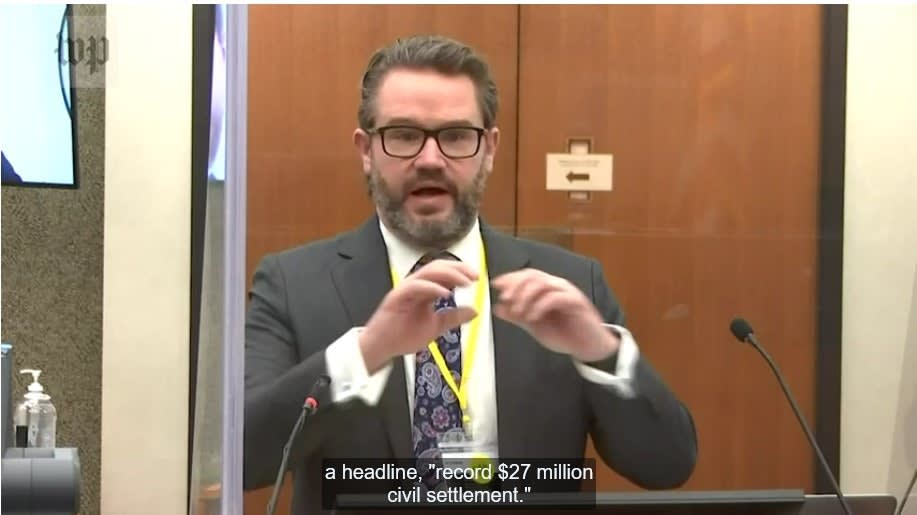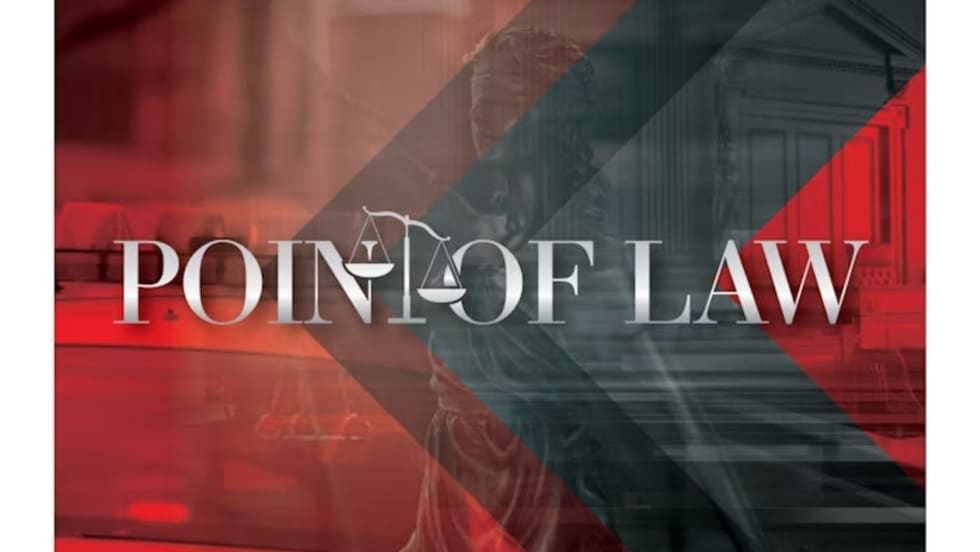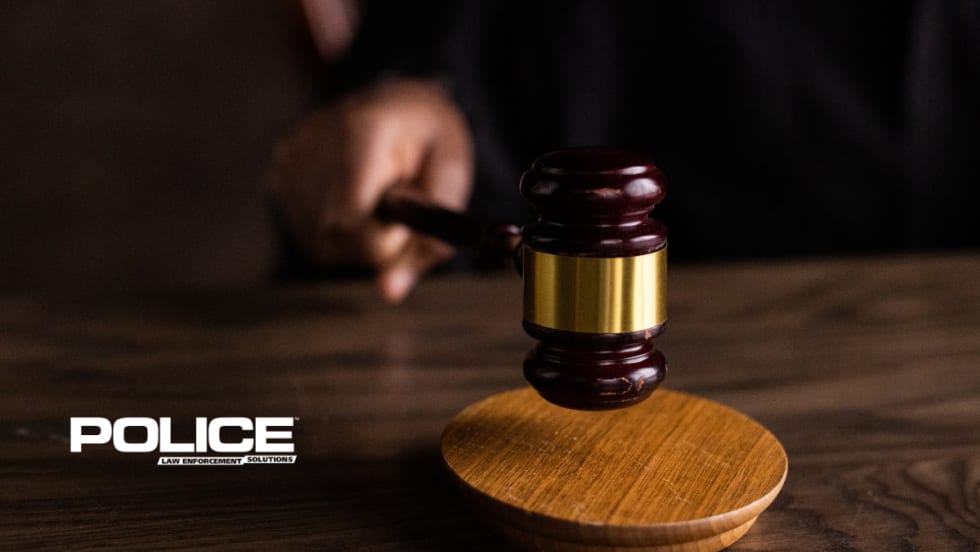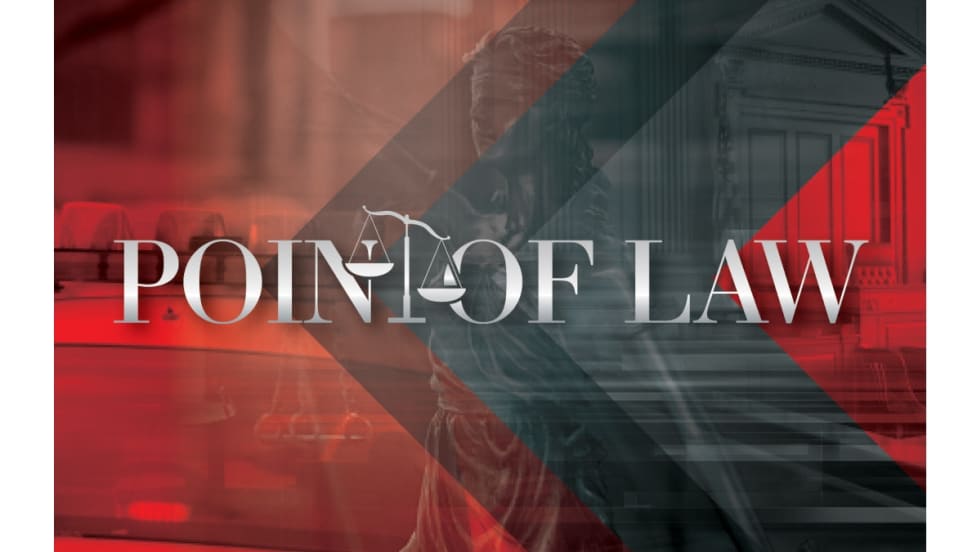The attorney for Derek Chauvin, the former Minneapolis police officer charged in George Floyd’s death, asked the judge overseeing the case to delay the trial and reconsider a change-of-venue motion, saying he was “gravely concerned” the $27 million civil settlement announced last week between the city of Minneapolis and the Floyd family has tainted the jury pool.
Eric Nelson, Chauvin’s defense attorney, questioned the “suspicious timing” of the settlement and argued it was “highly prejudicial” against his client. He called on Hennepin County District Court Judge Peter A. Cahill to “at least” call back the jurors already seated in the case to question them to see if they had read the news of the settlement and if they could continue to be impartial in the case.






